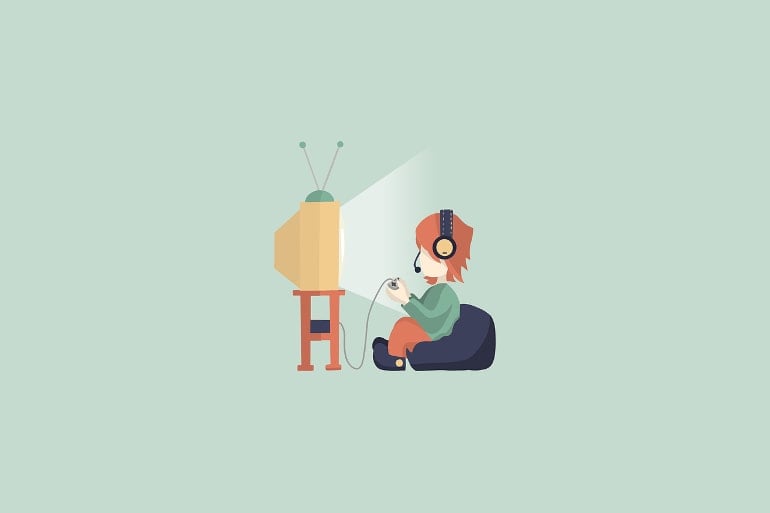Summary: Regardless of the game type or length of time a child plays a video game, there is no correlation with a decline in cognitive ability, a new study reports.
Source: University of Houston
Parents: It might be time to rethink your family’s video-gaming rules.
New research findings challenge the fears parents have been hearing for years that children who spend hour after hour playing video games, or choose games of certain genres, would manifest unhealthy results in their cognitive ability.
“Our studies turned up no such links, regardless of how long the children played and what types of games they chose,” said Jie Zhang, associate professor of curriculum and instruction at the University of Houston College of Education and a member of the research team.
The work is published in the Journal of Media Psychology.
In reaching the conclusions, researchers examined the video gaming habits of 160 diverse urban public-school preteen students (70% from lower income households), which represents an age group less studied in previous research. Participating students reported playing video games an average of 2.5 hours daily, with the group’s heaviest gamers putting in as much as 4.5 hours each day.
The team looked for association between the students’ video game play and their performance on the standardized Cognitive Ability Test 7, known as CogAT, which evaluates verbal, quantitative and nonverbal/spatial skills. CogAT was chosen as a standard measure, in contrast to the teacher-reported grades or self-reported learning assessments that previous research projects have relied on.
“Overall, neither duration of play nor choice of video game genres had significant correlations with the CogAT measures. That result shows no direct linkage between video game playing and cognitive performance, despite what had been assumed,” said May Jadalla, professor in the School of Teaching and Learning at Illinois State University and the study’s principal investigator.
But the study revealed another side of the issue, too. Certain types of games described as helping children build healthy cognitive skills also presented no measurable effects, in spite of the games’ marketing messages.
“The current study found results that are consistent with previous research showing that types of gameplay that seem to augment cognitive functions in young adults don’t have the same impact in much younger children,” said C. Shawn Green, professor in the Department of Psychology at the University of Wisconsin-Madison.

Does this mean the world can play on? Maybe, the research suggests. But the experts also caution that gaming time took the heaviest players’ away from other, more productive activities – homework, to be specific – in a process psychologists call displacement. But even in those cases, the differences were slight between those participants and their peers’ CogAT measures of cognitive abilities.
“The study results show parents probably don’t have to worry so much about cognitive setbacks among video game-loving children, up to fifth grade. Reasonable amounts of video gaming should be OK, which will be delightful news for the kids. Just keep an eye out for obsessive behavior,” said Zhang.
“When it comes to video games, finding common ground between parents and young kids is tricky enough. At least now we understand that finding balance in childhood development is the key, and there’s no need for us to over-worry about video gaming.”
Funding: The study was funded by the National Science Foundation.
About this neurodevelopment, gaming, and cognition research news
Author: Sara Strong
Source: University of Houston
Contact: Sara Strong – University of Houston
Image: The image is in the public domain
Original Research: Closed access.
“Video Game Play: Any Association With Preteens’ Cognitive Ability Test Performance?” by May Jadalla et al. Journal of Media Psychology
Abstract
Video Game Play: Any Association With Preteens’ Cognitive Ability Test Performance?
This exploratory study examined the video gaming experience of 160 urban public-school preteen-age students as well as the association between video game play and students’ performance on a standardized cognitive ability test (CogAT), which includes verbal, quantitative, and nonverbal/spatial batteries.
Overall, neither duration of play nor video game genres played had significant correlations with the CogAT measures. Similarly, when using an “extreme-groups” approach to examine relations with playing a subset of games previously linked with certain enhancements in cognitive skill (i.e., action video games), no significant effects were observed.
These results are thus inconsistent with theories that predict diminished cognitive performance in children who play a great deal of video games, but they are also inconsistent with previous work suggesting possible enhancements in those who play certain types of games.
The potential contribution of this null finding and an alternative explanation are discussed.






